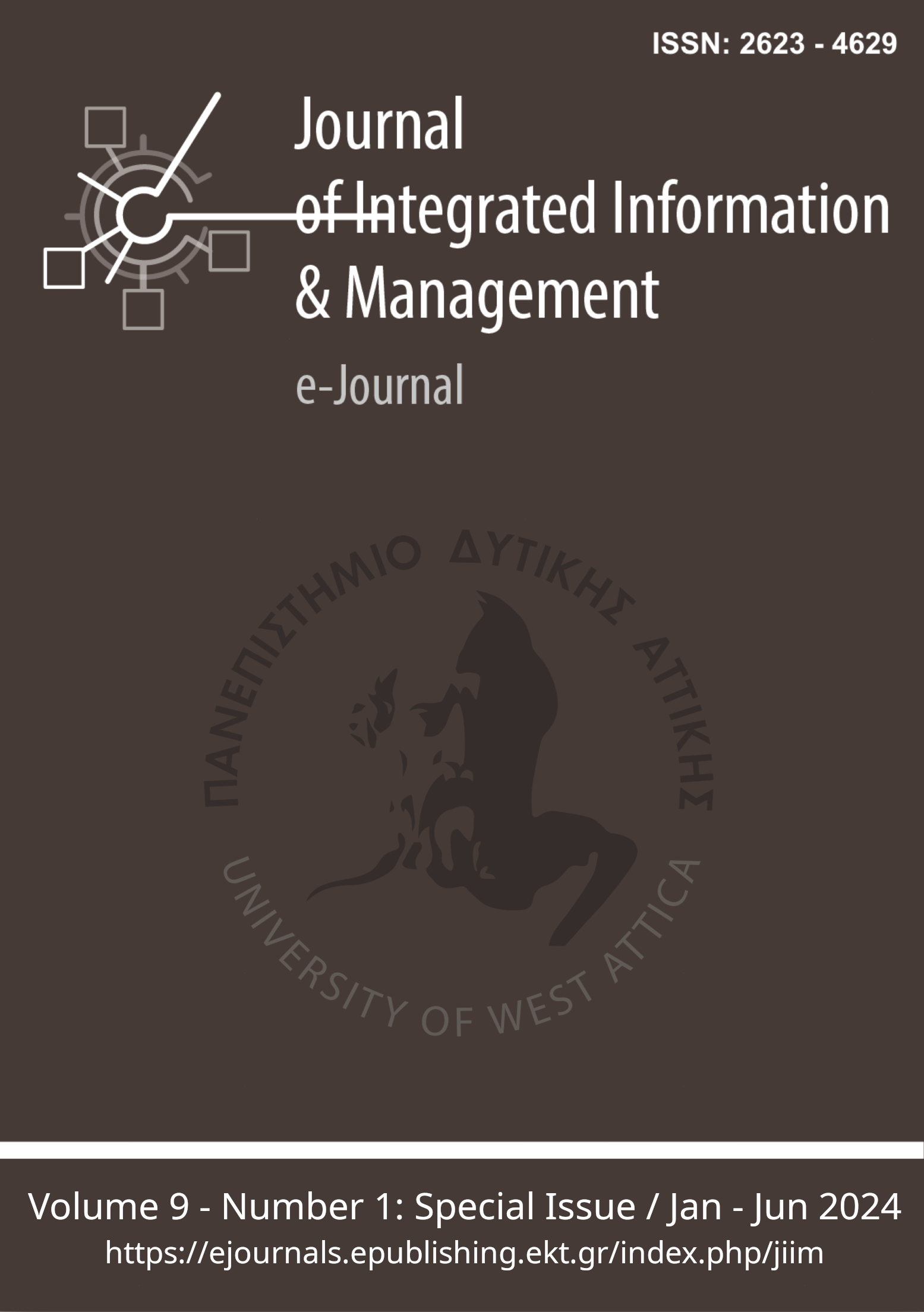Τhe Digistoryteller project walking around refugee Attica

Abstract
Purpose - The present work focuses on an app that supports historical exploration of city neighborhoods. The particular work focuses on the refugee crisis resulting from the Greco-Turkish war in 1922 and the traces it left behind in the formations of different places across Attica. To present the past, we developed digital storytelling features, and to engage users further, we provided them with crowdsourcing functionalities allowing them to create their own content.
Design/methodology/approach - The digital storytelling and the crowdsourcing features were tested with users in multiple events, using a mixed methodology that allowed the collection of qualitative and quantitative data from the public, policy makers and experts.
Findings - Most users provided very positive feedback and imagined further educational uses.
Originality/value - The different features of this mobile approach, allow an in-depth engagement with the past while the user is mobile.
Article Details
- How to Cite
-
Antoniou, A., Chrysanthopoulos, C., Efthymiou, F., Papastathis, K., Theodosis, S., Kamara, A., & Triantafyllou, I. (2024). Τhe Digistoryteller project: walking around refugee Attica. Journal of Integrated Information Management, 9(1), 37–43. Retrieved from https://ejournals.epublishing.ekt.gr/index.php/jiim/article/view/38586
- Section
- Research Articles

This work is licensed under a Creative Commons Attribution-NonCommercial 4.0 International License.
Copyright Notice
Authors who publish with JIIM agree to the following terms:
- Authors retain copyright and grant the journal right of first publication with the work simultaneously licensed under a Creative Commons Attribution Non-Commercial License that allows others to share the work with:
- An acknowledgment of the work's authorship and initial publication in this journal.
- Authors are permitted and encouraged to post their work online (preferably in institutional repositories or on their website) prior to and during the submission process, as it can lead to productive exchanges, as well as earlier and greater citation of published work.





